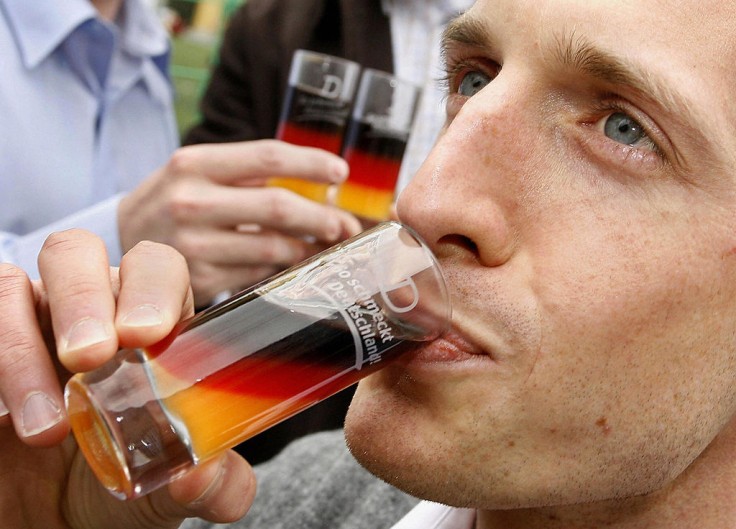
In March, a teen from Pennsylvania had to be resuscitated after going into cardiac arrest triggered by drinking Panera Bread's highly caffeinated Charged Lemonade, according to a lawsuit.
The lawsuit was filed in the U.S. District Court for Eastern Pennsylvania, shortly after Panera declared it was discontinuing the conentious drink. This is at least the fourth one against Panera, with former lawsuits indicating two deaths and one woman's permanent health concerns to the drink.
Pennsylvania Teen Experienced Cardiac Arrest After Drinking Charged Lemonade
Panera has refused any misconduct in legal records and did not answer questions about the recent lawsuit. The lawsuit states that Luke Adams, 18, who had no known health problems, purchased a chicken sandwich and a large Charged Lemonade on March 9 in Monroeville.
That evening, while at a movie theater, Adams became not responsive, making unusual sounds, according to a friend. Two nurses and a cardiologist in the theater executed CPR and used a defibrillator to resuscitate him.
Dr. Andrew Pogozelski, who has treated Adams since, credited the swift actions of those in the theater for his survival. Adams experienced two seizures following his hospitalization, which medical notes suggested could be linked to caffeine intake from the Charged Lemonade.
Adams, a high school junior, expressed feeling "extremely lucky" to have survived, having been intubated during his hospital stay. The Pittsburgh Post-Gazette stated his circumstances days before Panera declared the stoppage of Charged Lemonade.
The drink contains caffeine from numerous sources, including guarana extract. Lawsuits have labeled it a "dangerous energy drink," linking it to the deaths of Sarah Katz, a University of Pennsylvania student, and Dennis Brown, a Florida man.
Another lawsuit claims it caused permanent cardiac injuries in Lauren Skerritt from Rhode Island. The Food and Drug Administration states that up to 400 milligrams of caffeine per day is safe for healthy adults.
Following the lawsuits, Panera increased warnings about the drink's caffeine content, advising moderation and not recommending it for children, caffeine-sensitive individuals, or pregnant or nursing women. Panera also moved Charged Lemonade behind the counter and updated its nutrition information to reflect its caffeine content.
Pennsylvania Teen's Mother Describes the Ordeal as Traumatizing
Adams' doctors found no structural abnormalities or underlying conditions in his heart, leading them to implant a subcutaneous defibrillator for future protection against life-threatening heart rhythms.
Adams' mother, Lisa Feyes, an emergency room nurse, described the ordeal as traumatizing. Panera declined to comment on whether previous lawsuits influenced the decision to phase out Charged Lemonade, attributing the decision to a "recent menu transformation."
Feyes expressed relief at the drink's discontinuation, hoping no other parent would experience a similar situation. Adams' lawsuit seeks damages and accuses Panera of negligence and recklessness in the drink's design, marketing, and promotion.
Elizabeth Crawford, representing Adams and other plaintiffs, argued that the product should have been removed from shelves earlier, stating that warnings were insufficient and the incident was preventable. She emphasized the unexpected and traumatic nature of the event for Adams and his family.
Related Article: 19-Year-Old Migrant Farmworker Dies in Florida Bus Crash; Mother Says He Was Saving for Marriage and Home